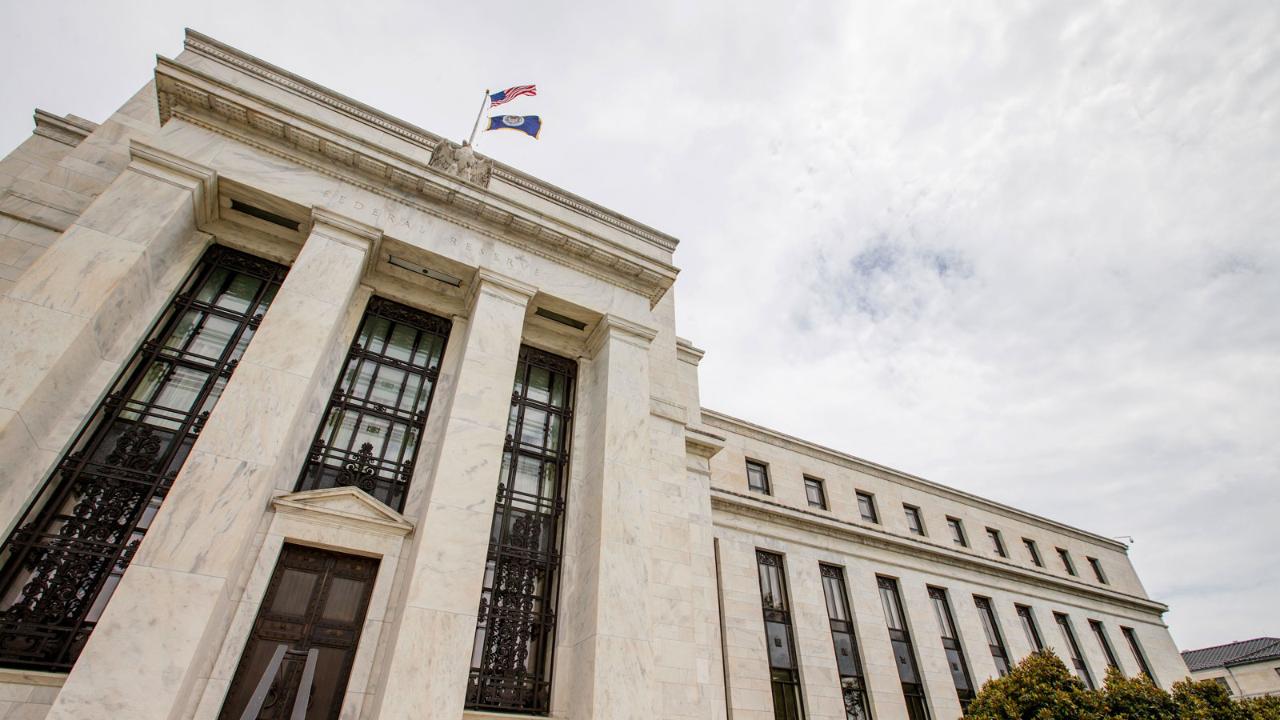Tips for saving during periods of low interest rates
The Federal Reserve has repeatedly signaled this year that it plans to leave interest rates unchanged as it seeks to balance strong economic data in the U.S. with potential headwinds from a more-than-year-long global trade war.
For borrowers, that’s great news: The benchmark federal funds rate can affect consumers by increasing borrowing costs, such as auto loan rates and 30-year fixed-rate mortgages; even a slightly lower rate for both can mean thousands of dollars in savings for consumers.
But for those interested in saving, lower interest rates can pose a conundrum. Although interest rates are the highest level in almost a decade – during the Great Recession, policymakers at the U.S. central bank kept interest rates at virtually zero to encourage spending – at 2.25 percent to 2.5 percent, they’re still historically low.
“It’s going to be some time before rates pick up,” Jamie Cox, the managing partner for Harris Financial Group, told FOX Business. “And it could be several years before we see interest rates go up much more.”
While consumers can still get a savings account or CD (a type of federally insured savings account with a fixed interest rate and fixed date of withdrawal) with interest rates higher than 1 percent, Cox suggested looking at alternatives with better payoffs.
That includes investing in municipal bonds, which Cox recommended for investors who want to get a little yield while avoiding higher taxes.
“Municipal bonds have long durations, so they’re highly interest-rate sensitive,” he said. “With interest rates being relatively stable, that duration risk is not diminished, but it is less of a factor than it was last year.”
Online banks (like Marcus by Goldman Sachs, which offers 2.25 percent), also offer higher rates on savings accounts compared to the brick-and-mortar banks. That’s largely because they don’t require the same capital that other traditional banks do.
“A traditional bank is not the place to find the highest yield,” he said.
Cox, cautioned, however, that online banks sometimes raise interest rates in order to woo consumers because they need to attract capital -- and it could be indicative of potential weakness in the financial institution. However, he said the rates (which are essentially market rates) being offered right now by the online banks did not raise any red flags.
CLICK HERE TO GET THE FOX BUSINESS APP
Perhaps most importantly, however, Cox advised that consumers pay down any debt they have while interest rates remain low, rather than holding low-interest savings.
“Which is the whole point,” he said. “The reason why low-interest rates are perpetuated by the Fed, or whatever, is to help borrowers make it through. If you owe money, and interest rates go up and up and up, you get buried, and you’re unable to recover, you’re just going to go into financial ruin.”




















